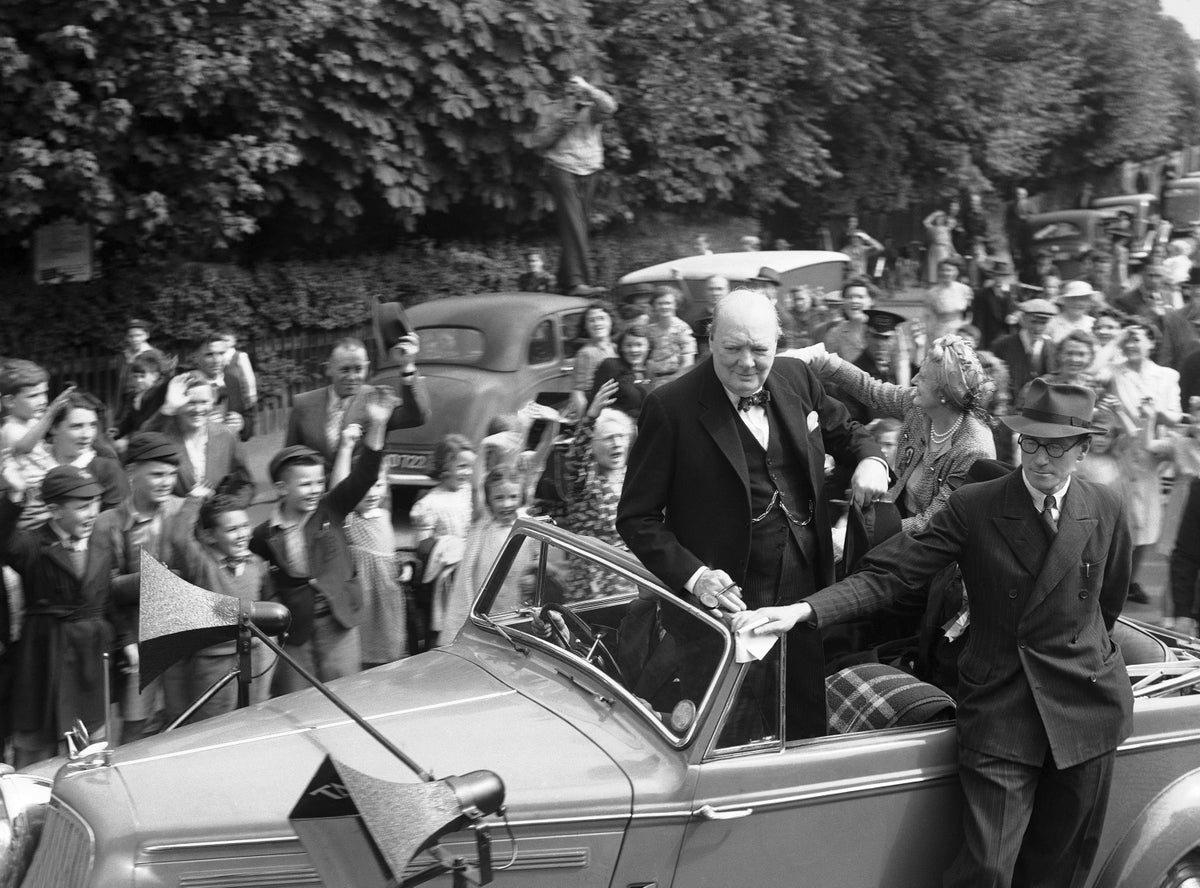
Britain's upcoming general election is widely expected to lead to a change of government for the first time in 14 years. Many analysts believe it will be one of the country's most consequential elections since the end of World War II.
Ahead of the July 4 vote, The Associated Press takes a look back at other landmark elections since the war.
___
The last time a U.K. national election took place in July was in 1945, when Winston Churchill's Conservative Party suffered one of its biggest-ever defeats shortly after the Allies' victory over Nazi Germany.
That result may appear surprising to many in 2024, given the reverence with which Churchill is still viewed both in the U.K. and abroad.
However, during the war years, Churchill had been governing in a coalition with other parties, notably Labour, whose leader Clement Attlee acted as his deputy and others held important portfolios. The war effort required a high degree of state-run planning, and egalitarian — even socialist — feelings flourished.
The election on July 5, 1945 was the first to be contested for a decade because of WWII, and it showed how much Britain had changed since the Great Depression in the early 1930s.
With Churchill still largely in wartime mode as Japan had yet to be defeated and lukewarm in his support of a wider social safety net, Labour fought the election on domestic issues, campaigning for housing for all, full employment and state intervention in the economy.
The results of the election were announced three weeks later on July 26, after giving time for forces abroad to vote. Labour had won a landslide victory, securing 48% of the vote and its biggest ever majority in the House of Commons.
Attlee's government, which lasted until 1951, is one of the most transformative in the history of Britain and remains the standard by which all subsequent Labour administrations are judged.
From the creation of the National Health Service in 1948 to the huge expansion of the welfare state and the nationalization of an array of industries, Attlee's administration left its mark for decades to come. Many of its accomplishments remain in place. Despite its many problems, the NHS remains the most revered institution in British life.







